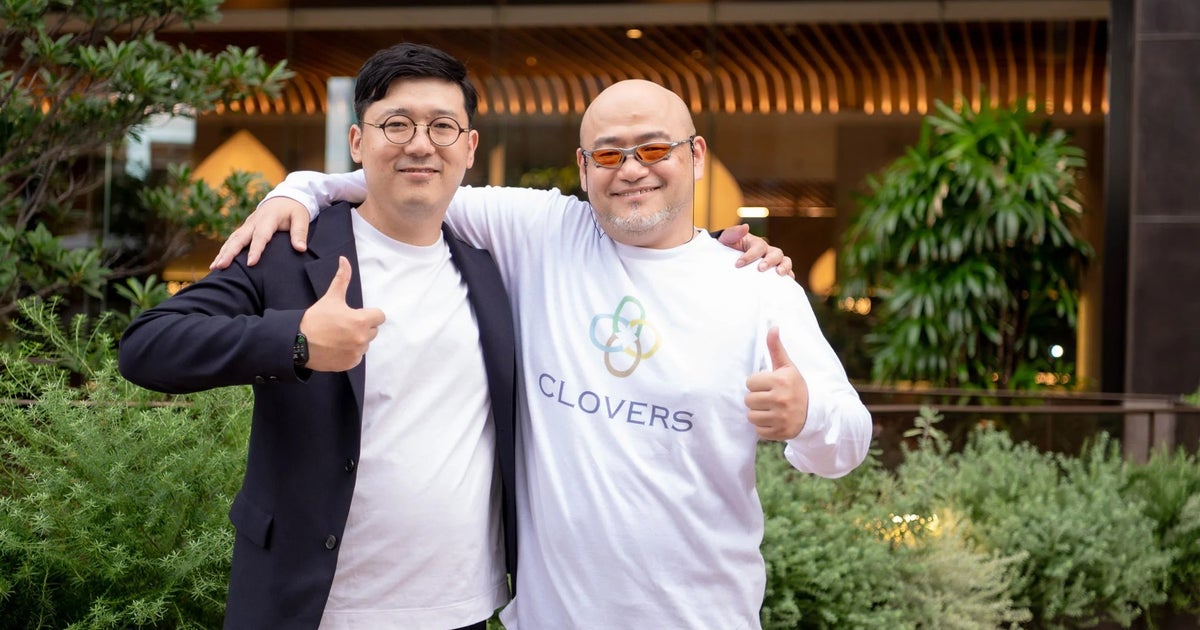Clovers studio head and chief game designer Hideki Kamiya feels “a very strong responsibility” to protect the studio during the current climate of industry layoffs.
In a wide-ranging interview with VGC, Kamiya said the studio has a “deep commitment” to its staff and wants to prioritise taking care of them.
“That means we can’t just say, ‘oh, the project has failed and didn’t go well, goodbye everyone.’ We really have a deep commitment to keep the company going for these people, who we’re grateful to,” he said.
“Of course, I understand there are circumstances that force large companies to make layoffs, but for us, that’s a route that we don’t want to go down. We want to take care of our staff.”
VGC noted there are less stories relating to layoffs, cancelled projects, and studio closures with Japanese companies compared to the West.
“I can’t say for sure since I don’t have experience in overseas development, but I feel that Japan does have a culture of respecting creators,” said Clovers CEO and president Kento Koyama.
“In the West, I imagine there’s always a constant push and pull between marketing-driven decisions and creative decisions. For us, we feel there is a willingness to place a bit more trust in the creative side.”
Kamiya added: “What it feels like when working with Japanese publishers is that the development culture feels closer to mind, and they tend to be more understanding towards creators.”
He also shared his thoughts on the cancellation of Scalebound, an action RPG developed by PlatinumGames and published by Microsoft Studios, suggesting things may have gone differently had they worked with a Japanese publisher.
“I don’t mean that the game would necessarily have been completed and released, but I imagine the process itself would have played out differently,” he said.
“For me personally, overseas publishers seem to have a much stronger desire to see a finished product as quickly as possible. If it had been a Japanese publisher, I feel they might have given us more leeway.”
Kamiya made it clear that the “failure of Scalebound was ultimately the responsibility of PlatinumGames, myself as director included.”
This experience hasn’t dissuaded him from working with overseas publishers, however. “I feel if the opportunity ever comes again, we’ll find a way to take advantage of both sides’ strengths.”
Speaking of PlatinumGames, Kamiya said he hasn’t received “any contact from them, officially or unofficially” regarding the founding of Clovers.
As for his feelings for the studio, Kamiya said the key point is that “the mindset towards game development is different” between the two studios.”
“Not to say one is better, one is worse, one is good, one is bad – they’re just different,” he explained. “And if the company and the individual don’t have the same mindset, then no one is happy.
Kamiya and Koyama also provided insight into Clovers’ partnership with Capcom, describing it as a “really beneficial”.
“Clovers was founded with funds from Koyama and myself, and it wasn’t a very large amount,” Kaymiya said. “But after going to Capcom and getting this Okami project, it allowed us to come into this office, hire staff, and step up the way we have, so it has been extremely beneficial for us.”
He made it clear, however, that Capcom has no capital involvement in their studio.
“Our company is funded solely by our own capital […] This is our own company, so in that sense, there’s no financial connection to Capcom.
“[This] means that the possibilities are basically endless. We would be interested in working with different publishers as well, possibly through self-publishing, so that’s definitely a part of our goal and strategy.”

